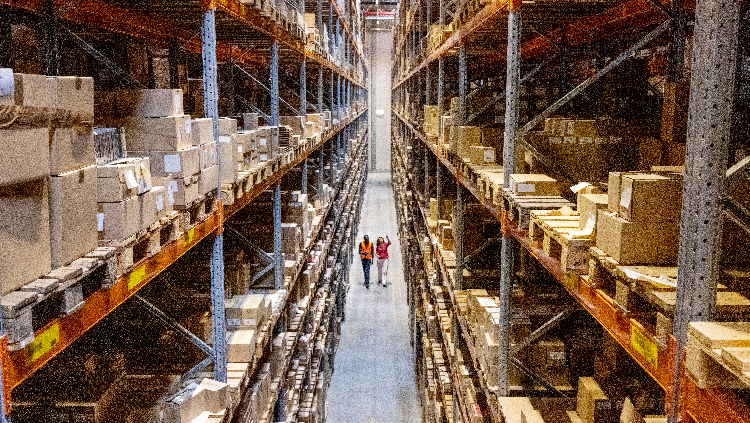The British market presents Canadian businesses with a gateway to an advanced economy. It offers a welcoming environment due to its:
- stability
- demand for quality products
- similar regulations as Canada
Let us help you unlock business opportunities in the United Kingdom and grow your presence in this exciting market.


